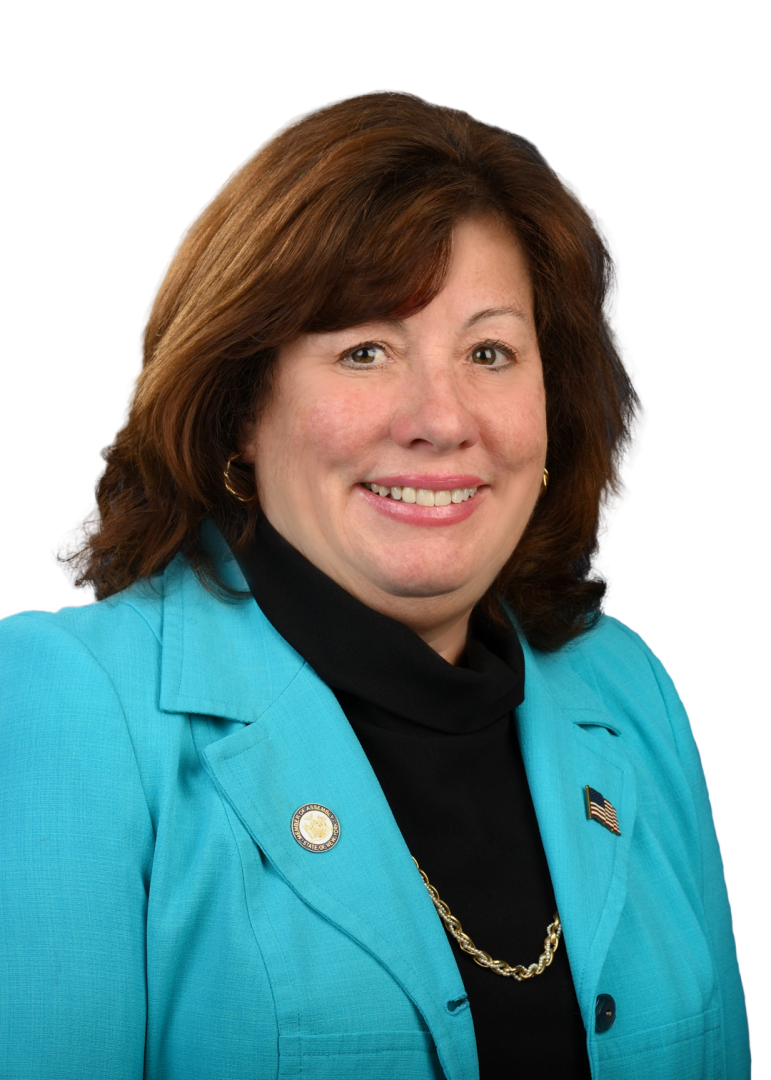Buttenschon: New Bill Seeks to Increase Number of Qualified Mental Health Practitioners
Assemblywoman Marianne Buttenschon announced that legislation she co-sponsored which expands the scope of practice of mental health counselors, marriage and family therapists, and psychoanalysts (A.6008) has passed the Assembly. The bill establishes a legal privilege for members of these professions to diagnose and develop assessment-based treatment plans in certain cases. It also establishes a set requirement for the diagnostic privilege, intended to align with the requirements of a licensed clinical social worker.By expanding the number of mental health professionals empowered to provide these services, Buttenschon hopes to address the critical shortages in the mental health workforce.
“During the past decade, the opioid crisis and the COVID-19 Pandemic have made the need for trained mental health professionals very clear,” said Buttenschon.“Unfortunately, there are critical workforce shortages in the mental health professions across New York State. This important legislation seeks to address this shortfall by increasing the number of professionals who can provide critical mental health services and sets out qualifications that these providers must meet to ensure that they’re providing professional care.”
The legislation requires that providers be licensed and registered in the state as a licensed mental health counselor, licensed marriage and family therapist, or psychoanalyst. It also requires that these providers complete 60-semester hour master's degree or higher, including 12 semester hours (or the equivalent) of clinical courses. Additionally, providers must have completed at least 2,000 hours of supervised, direct client contact hours in most circumstances.
“Many of our fellow New Yorkers deal with mental health conditions and suffer as a result of a lack of access to treatment. By increasing the number of professionals who can make diagnosis and creating requirements that ensure that these professionals meet recognized standards will allow our family, friends, and neighbors to get the mental health care they need.”
